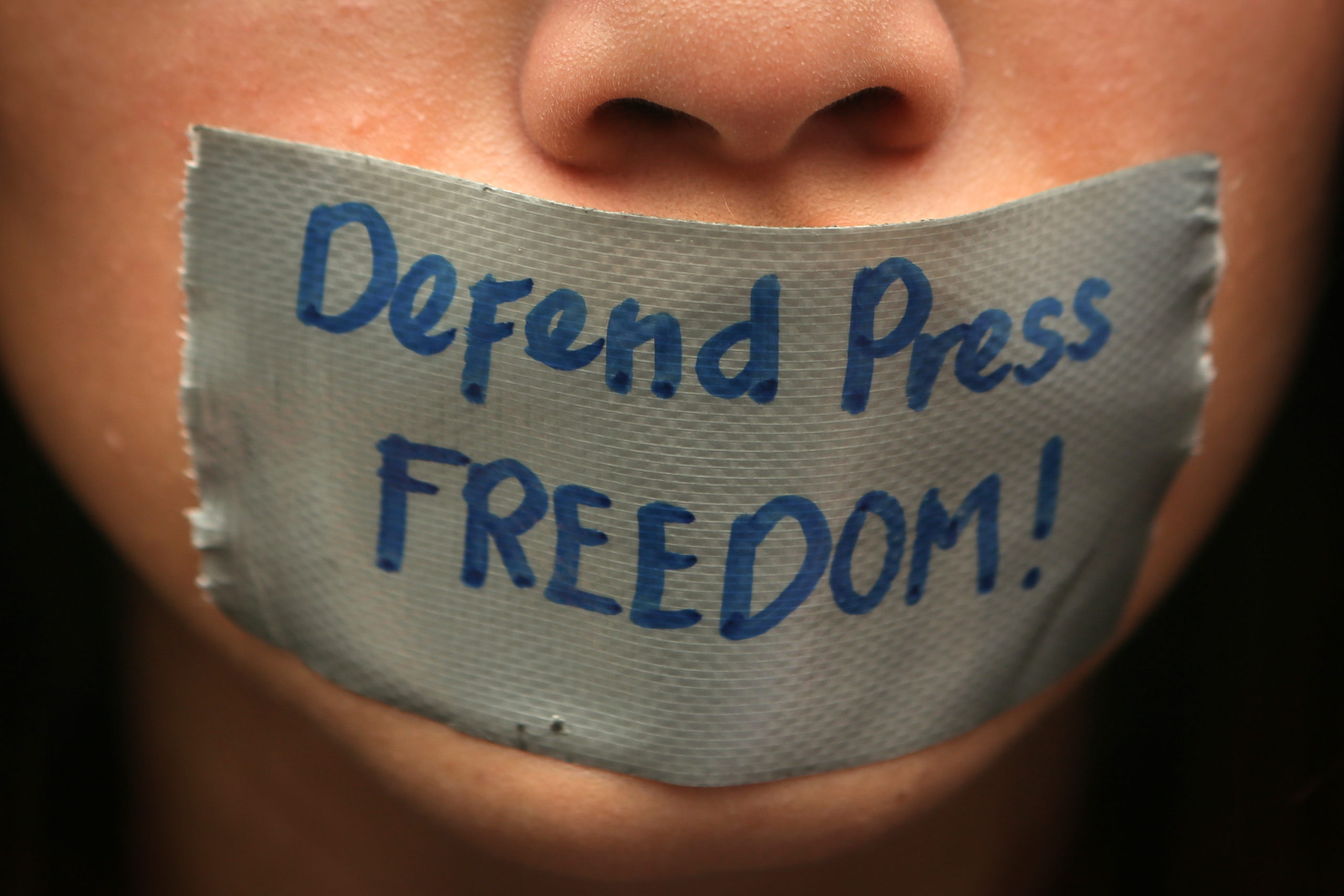A congressional inquiry into online disinformation has raised questions about the balance between accountability and potential threats to press freedom.
During the third hearing of the House tri-committee on March 21, 2025, bloggers associated with former President Rodrigo Duterte faced criticism from lawmakers for spreading false information on social media. The inquiry comes amid a political rift between the Duterte and Marcos camps, leading some observers to view the probe as politically motivated.
Krizette Chu, a prominent blogger, was called out for falsely claiming a mass resignation within the Philippine National Police (PNP) – a claim the PNP denied. Mary Jane “MJ” Quiambao Reyes was also confronted for alleging that victims of the so-called “war on drugs” under the former Duterte administration were fabricated. Lawmakers rebuked both for using inflammatory language online, with some content creators breaking into tears during the proceedings.
While the hearings have exposed the bloggers’ lack of adherence to journalistic standards, media watchdogs caution against using the inquiry to justify media regulation.
“The hearing was somewhat good in the sense that the ‘fake news’ purveyors have been exposed for who they are,” said University of the Philippines journalism professor Danilo Arao. “But lawmakers appear to be operating on the framework of legislative intervention through media regulation. That is a very, very ill-advised move,” explained Arao.
Jonathan de Santos, chairperson of the National Union of Journalists of the Philippines (NUJP), echoed the concern, warning that the hearings risk becoming a platform for censorship. “It’s not really about the truth anymore — it’s more about retaliating against critics,” he said.
Proposals such as the formation of a government-involved Digital Council of the Philippines have raised red flags among press freedom advocates. While supporters argue that such a body could promote ethical standards among content creators, critics argue that government involvement could compromise media independence.
Arao warned that moves to sanction bloggers could eventually be used against mainstream journalists. “If they can crack the whip on bloggers, what’s preventing them from doing the same to professional media organizations?” he said.
Instead of focusing on individual content creators, experts urge lawmakers to investigate broader disinformation networks and pressure tech platforms to take responsibility for content moderation.
Photo © Raffy Lerma

